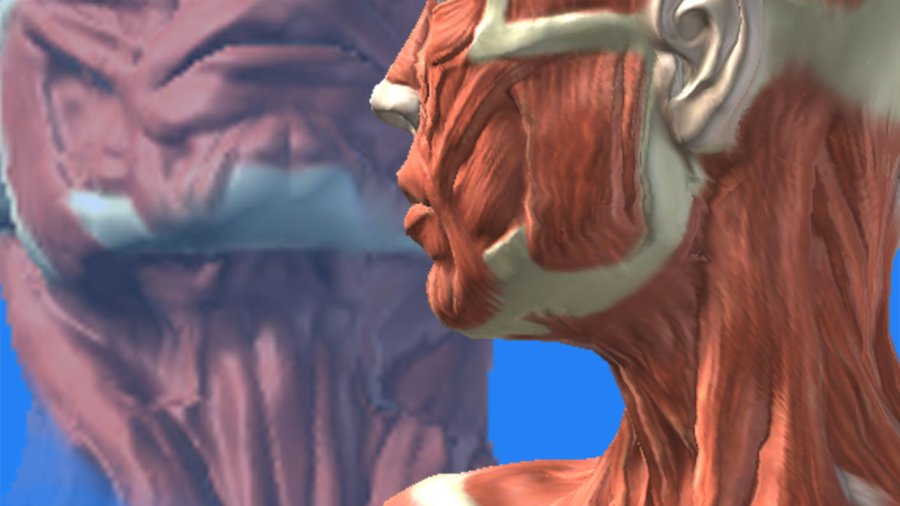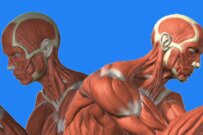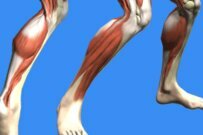Temporo-Mandibular Joint Disorder (TMJD) is a condition that affects the jaw joint and the surrounding muscles, causing pain, discomfort, and limited movement in the jaw. This disorder can result from various factors, including stress, teeth grinding, and misalignment of the jaw. Individuals suffering from TMJD often experience headaches, jaw pain, and difficulty chewing. While traditional treatments like medications and physical therapy are commonly prescribed, many people have begun using the healing power of massage therapy as a promising solution.
Massage therapy has gained recognition as an effective complementary approach for managing TMJD symptoms. The gentle manipulation of soft tissues around the jaw and neck area helps reduce muscle tension and promote relaxation. By targeting trigger points and releasing tension in the muscles, massage therapy aims to alleviate pain and restore proper function to the temporomandibular joint. Regular massage sessions have shown to enhance flexibility, reduce inflammation and pain, and improve overall jaw mobility.
One of the primary benefits of massage therapy for TMJD is its ability to address stress, a common contributor to jaw tension. Stress-induced clenching of the jaw and grinding of teeth can exacerbate TMJD symptoms. Massage promotes relaxation, reducing stress levels and mitigating the impact of these harmful habits. Moreover, the positive effects of massage extend beyond the physical realm, contributing to an overall sense of well-being and mental calmness.
Collaboration between massage therapists and other healthcare professionals can offer a comprehensive approach to managing TMJD. Integrating massage therapy into a treatment plan may enhance the effectiveness of traditional interventions, providing patients with a holistic and personalized approach to their recovery. It is crucial, however, for individuals with TMJD to consult with their healthcare providers before incorporating massage therapy into their routine, ensuring that it complements their overall treatment strategy.
In conclusion, Temporo-Mandibular Joint Disorder can be a debilitating condition, impacting the quality of life for those affected. While conventional treatments play a vital role in managing TMJD, the addition of Neuromuscular massage therapy (NMT) offers a non-invasive and holistic alternative. By addressing both the physical and emotional aspects of TMJD, NMT provides relief from pain, promotes relaxation, and contributes to an improved overall well-being. As our understanding of the intricate connections between the mind and body grows, embracing therapeutic interventions like massage therapy becomes a valuable step towards finding lasting relief for those grappling with TMJD.






